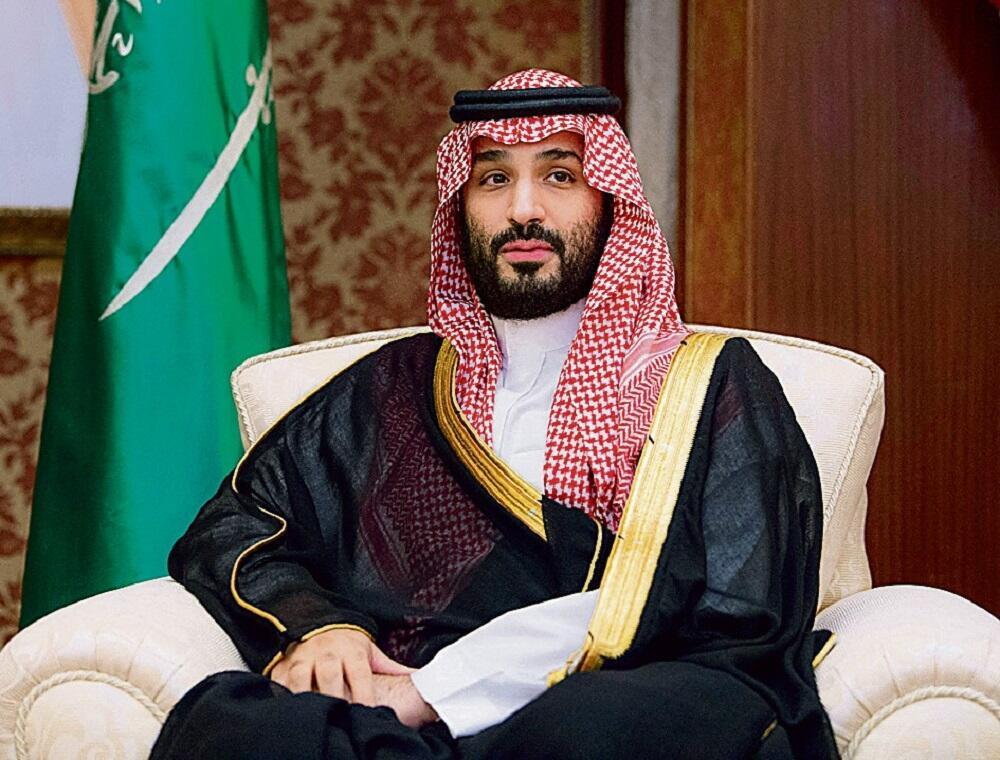Photo Credit: Getty Images
Saudi Arabia and Qatar have taken a significant step toward normalizing Syria's international financial relations by agreeing to settle the war-torn country's $15 million debt to the World Bank. This action removes a critical barrier preventing Syria from accessing international aid for reconstruction efforts.
According to a joint statement from both Gulf nations' finance ministries, the decision emerged during April's World Bank and IMF meetings in Washington. Syria's Foreign Ministry expressed gratitude for this assistance, framing it as crucial support for recovery and rebuilding initiatives.
The debt settlement marks the first financial support from Saudi Arabia since the overthrow of Bashar Assad's government in December, when Islamist Hayat Tahrir al-Sham-led insurgents captured Damascus. Both Gulf states have emerged as key backers of Syria's new leadership.
Syria faces enormous reconstruction challenges. A 2017 UN assessment estimated rebuilding costs at $250 billion, though analysts now suggest the figure could reach $400 billion after 14 years of conflict that claimed 500,000 lives.
The Saudi-Qatari statement emphasized that clearing this debt will enable Syria to resume World Bank activities suspended for over a decade and access future allotments for "vital sectors."
Qatar has already begun supplying natural gas through Jordan to address Syria's severe electricity shortages. This practical assistance offers immediate relief while longer-term reconstruction efforts take shape.
Western sanctions remain a significant obstacle. While the Trump administration has yet to recognize the new government led by HTS leader Ahmad al-Sharaa, some restrictions have eased. In January, the U.S. Treasury issued a six-month general license authorizing certain transactions with Syria, including energy sales.
European partners have also begun relaxing sanctions. The EU has suspended measures targeting oil, gas, electricity, and transport sectors, while British authorities recently lifted sanctions against twelve Syrian entities.
Foreign Minister Mohammed al-Jadaan of Saudi Arabia noted Friday that the international community must proceed cautiously due to sanctions, but emphasized the moral imperative to support war-affected countries in the region. "They need to know that the international community will stand by them," he stated.
This financial intervention signals a strategic shift as Gulf nations move to increase their regional influence. Saudi Arabia demonstrated this evolving relationship by hosting the Syrian leader's first foreign visit in February, reflecting the kingdom's pragmatic approach to rebuilding regional relationships.


